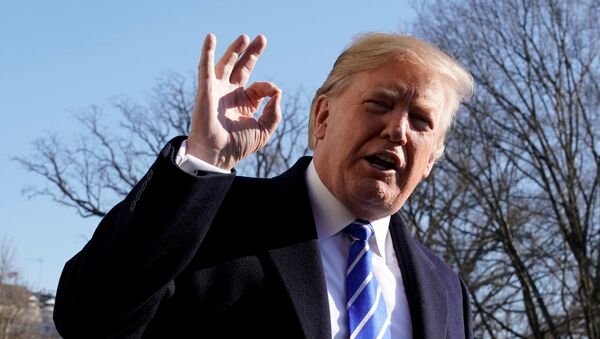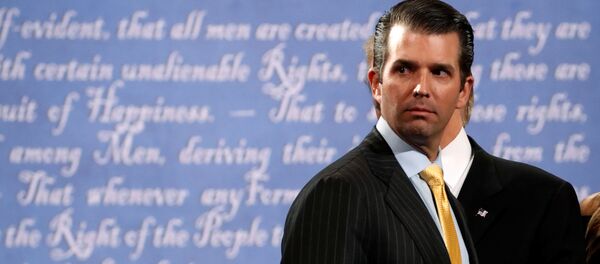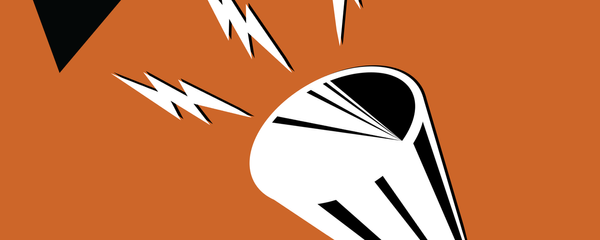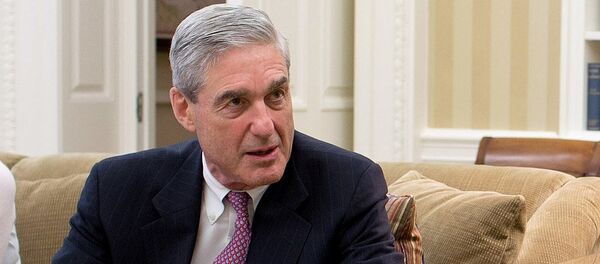The Allegations
The US intelligence community released an assessment in January alleging they had "high confidence" Russia meddled in last year's US presidential election. The report claimed Moscow launched an influence campaign designed to get Trump elected and undermine faith in the US democratic process. The report did not provide any evidence to support its conclusions, however.
Russian President Vladimir Putin has repeatedly denied "groundless" allegations of any interference in the election and called the anti-Moscow rhetoric a "big mistake."
READ MORE: Lavrov Reveals What Trump Told Putin About Alleged Russia's US Election Meddling
In addition to hacking, the United States accused Moscow of spreading disinformation via state-run news agencies, particularly RT and Sputnik, who have faced mounting pressure from US lawmakers over the course of the last year.
About half of the US intelligence report is dedicated to Sputnik news agency and the RT channel, including an analysis of programs RT broadcasted in 2012.
In November, RT America was forced to comply with the Justice Department's request to register under the Foreign Agent Registration Act (FARA) in a move described as the violation of freedom of speech by Moscow.
The Probes
Four separate simultaneously ongoing investigations — dubbed a "witch hunt" by President Trump — in the US Congress were launched in 2017 into the alleged Russian election meddling, including the Senate Intelligence and Judiciary committees and the House’s Intelligence and Oversight panels.
The Justice Department was in charge of the FBI's Russia probe until Trump fired Director James Comey on May 9. Trump cited recommendations of top Justice Department officials who were critical of Comey's controversial handling of the probe into Hillary Clinton's use of a private email server during her tenure as Secretary of State under President Barack Obama.
US Congressman Matt Gaetz said on the House floor in December that Mueller should be fired due to conflicts of interest in his investigation and the possibility he could launch a coup to oust Trump. In fact, a Harvard CAPS-Harris Poll published on December 15 revealed that 54 percent of US registered voters felt Mueller had conflicts of interest related to leading the Trump-Russia probe.
Attorney General Jeff Sessions recused himself from the probe in early March. The development came on the heels of media reports about his meetings with former Russian Ambassador Sergey Kislyak in December of 2016, despite Sessions' denying contacts with Kremlin officials during his confirmation hearing.
The probes into alleged Russia's meddling heavily targeted former security aide Michal Flynn, former Trump campaign manager Paul Manafort, Russian lawyer Natalya Veselntiskaya, and members of Trump’s family, among others.
After less than a month in office, on February 13, Flynn resigned as national security adviser after failing to fully disclose his communications with Kislyak to Vice President Mike Pence. In December, Flynn pleaded guilty to lying to the FBI regarding these communications as part of a plea deal with Mueller.
Kislyak told reporters that in talks with Flynn, the parties discussed topics of Russia-US cooperation, mainly the fight against terrorism, and that "there were no secrets."
In late May, media reports suggested that Trump's son-in-law and senior adviser Jared Kushner met with Kislyak during the transition and allegedly discussed setting up a back channel to communicate with Russian officials.
In October, Mueller expanded the scope of the probe beyond Russia-Trump ties. Manafort and his deputy in the Trump campaign Rick Gates were indicted on 12 counts of charges of money laundering and failing to register as foreign agents of the Ukrainian government in their capacities as lobbyists working for former president Viktor Yanukovich from 2004 to 2014.
In July, the New York Times reported that during the 2016 presidential campaign Trump's eldest son Donald Trump Jr. held a meeting with Russian lawyer Natalya Veselntiskaya who allegedly promised damaging information about Hillary Clinton.
Kushner and Trump Jr. separately testified in front of congressional panels on the meeting with Veselnitskaya, denying collusion or any improper contacts with foreign governments.
US-based social media giants also helped fuel hysteria around Russian online meddling. In early September, Facebook said it found more than 3,000 ads linked to Russia that focused on divisive US social issues and were seen by an estimated 10 million people before and after the 2016 elections.
Twitter said it found around 200 accounts linked to Russian election meddling and removed RT ads from its platform, while Facebook vowed changes to its ad policies to improve transparency. However, in a Senate testimony, CEOs of Google and Facebook, however, said that there have been no violations by RT's ads.
Political commentator Professor John Walsh told Sputnik that the unsubstantiated claims on Russia social media meddling were initially pushed by the Alliance for Democracy — a group of anti-Russian activists led by longtime neoconservative leader William Kristol, former acting CIA chief Mike Morell, and President George W. Bush's Homeland Security Secretary Mike Chertoff.
US Media Hysteria
Throughout the year mainstream US media outlets such as CNN, The Washington Post, The New York Times, and ABC News, among others, published a number of false reports about Trump’s ties with Russia.
Media outlets were forced to retract or correct an alarming number of stories, which undermined faith in the press and dealt a blow to their reputations.
A survey from Politico revealed in October that almost half of the US public, 46 percent, believed media outlets fabricated stories about Trump.
"We should have a contest as to which of the Networks, plus CNN and not including Fox, is the most dishonest, corrupt and/or distorted in its political coverage of your favorite President (me)," Trump tweeted on November 27. "They are all bad. Winner to receive the fake news trophy!"
Reuters and Bloomberg both reported in early December that Special Counsel Robert Mueller's investigation subpoenaed Deutsche Bank for details on Trump and his family’s financial dealings. The Wall Street Journal defused that bombshell in a follow-up report stating that the subpoenas actually dealt with "people of entities close to Mr. Trump."
CNN reported in December that senior Trump campaign officials, including Trump himself, received an email from an unknown sender on September 4, 2016 that linked them to what could have been unreleased WikiLeaks documents. CNN later issued a correction, clarifying that the email was actually sent on September 14, a day after WikiLeaks publicly released a trove of documents.
Over the summer former FBI Director James Comey confirmed during congressional testimony that a February 14 New York Times article claiming the Trump campaign had contacts with Russian intelligence prior to the election was "almost entirely wrong."
Looking Ahead
If the Mueller probe does not yield more substantial results, University of Southern California Professor of International Relations Robert David English told Sputnik, it could be seen as a witch-hunt and a costly attempt to delegitimize the elected president.
"If they only lead to charges of money laundering and illegal income and the like, which is mainly what we see so far, then they could actually help Trump," English said.
"All the White House interviews are over," Cobb said. The lawyer added that the Trump administration hopes Mueller brings the probe to "a prompt and appropriate conclusion."






